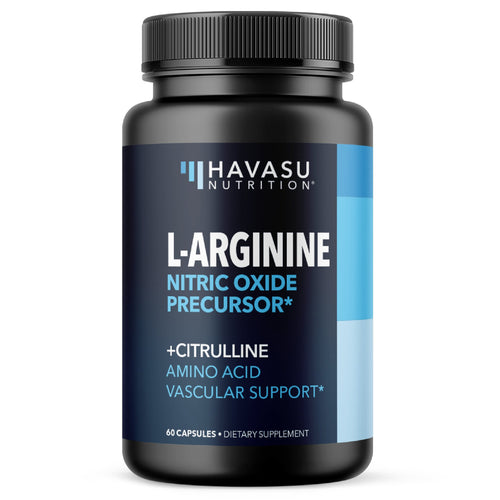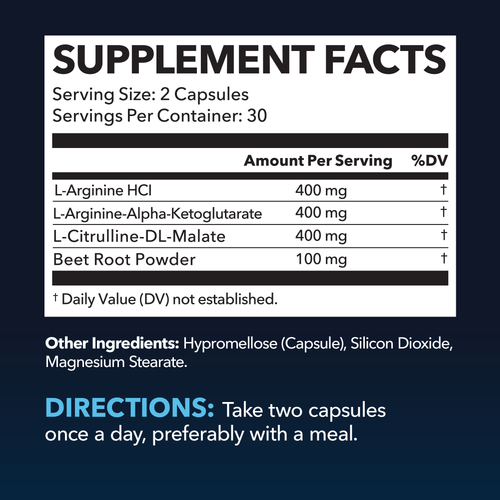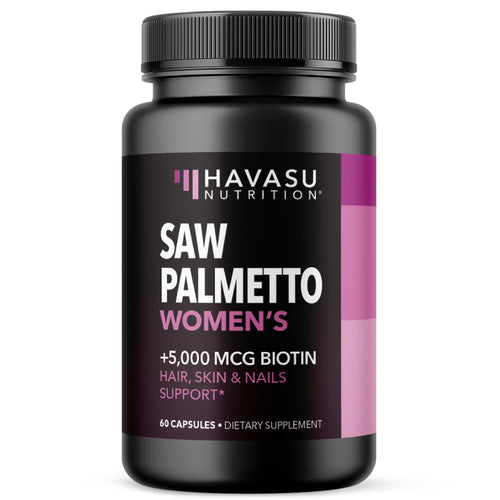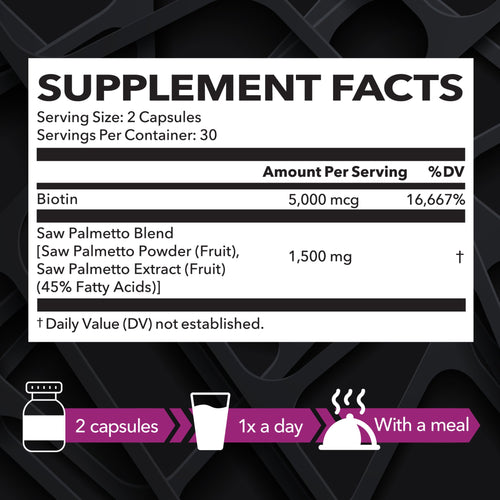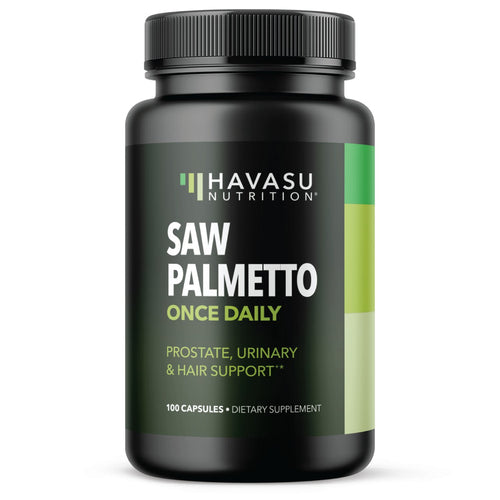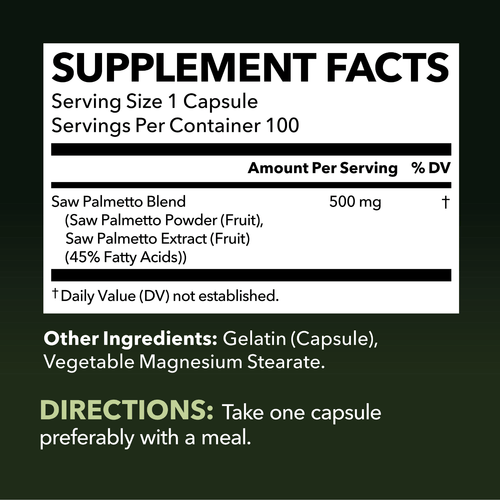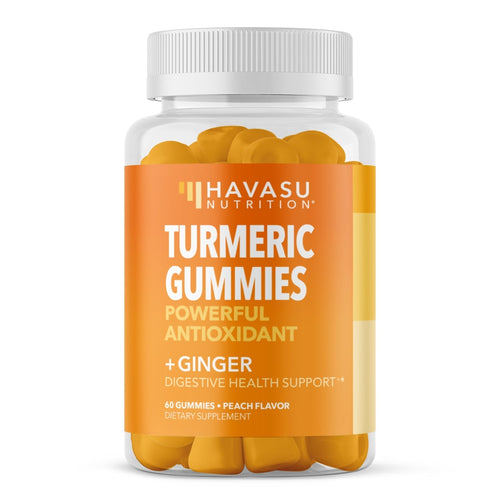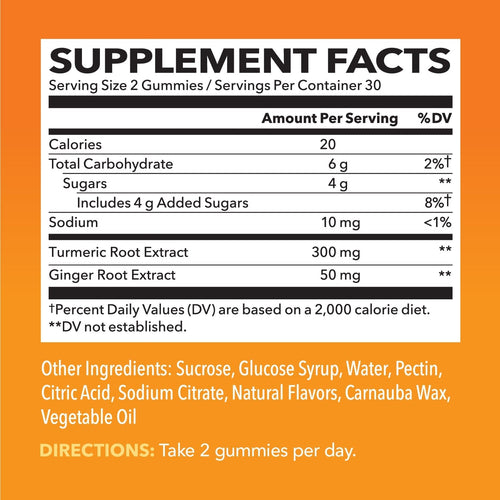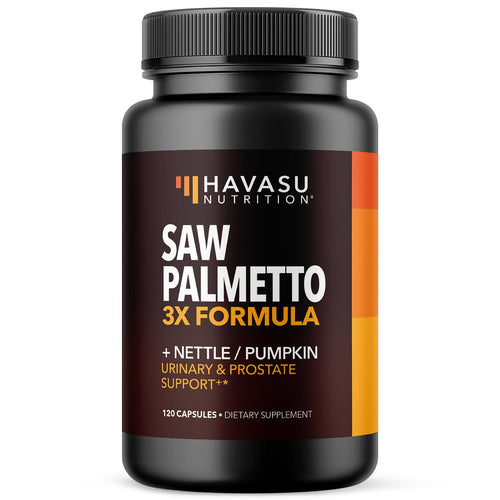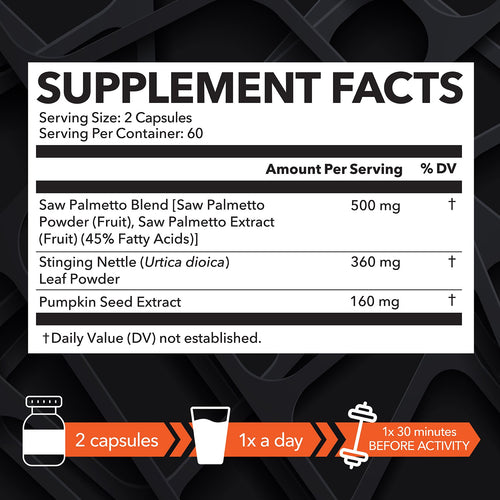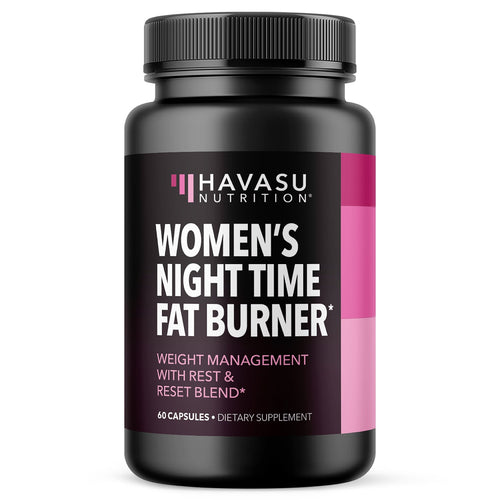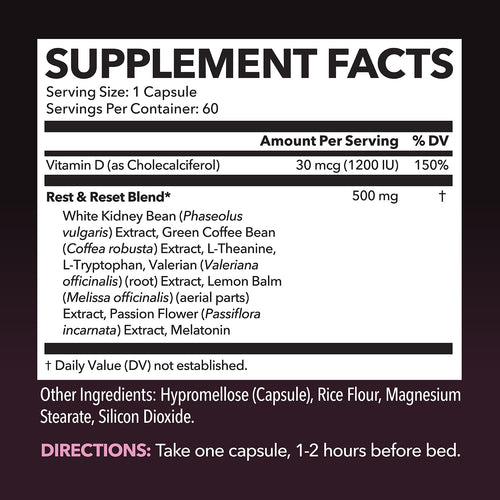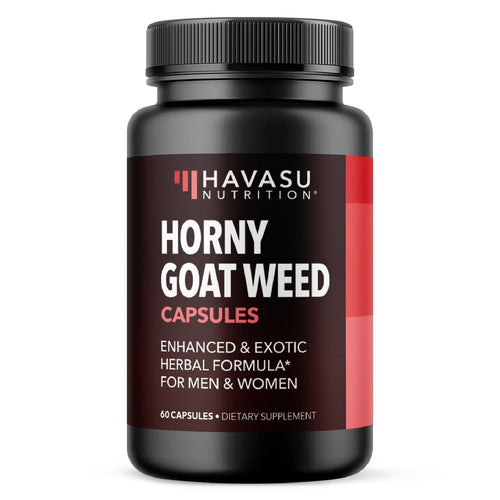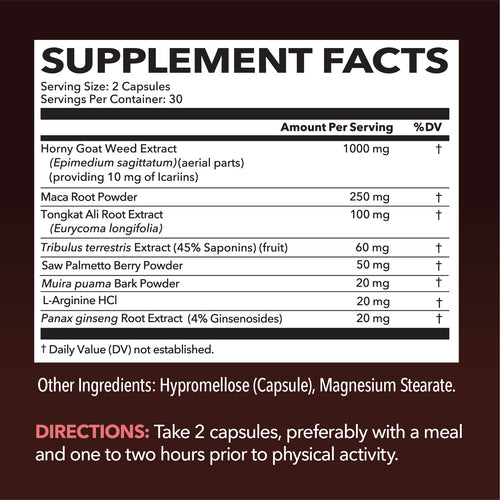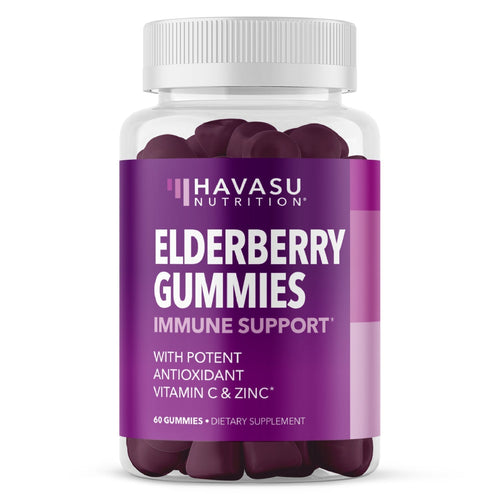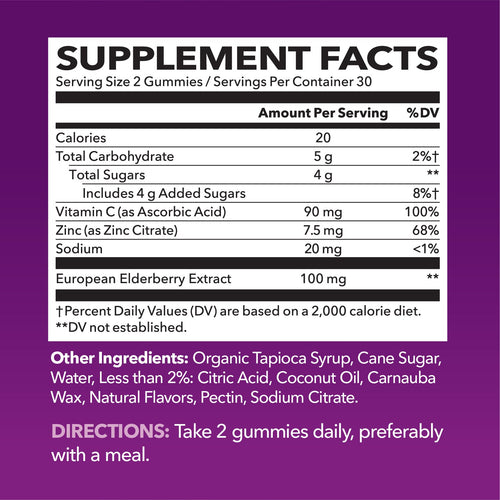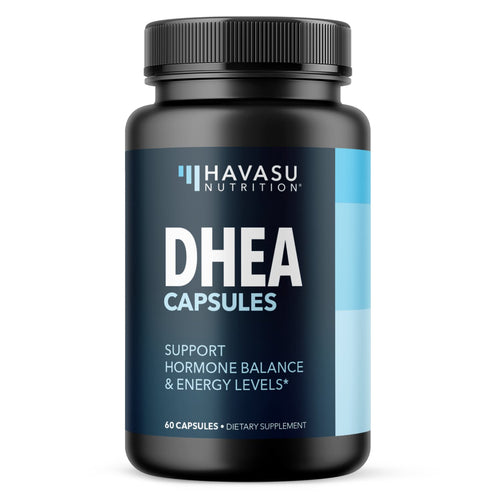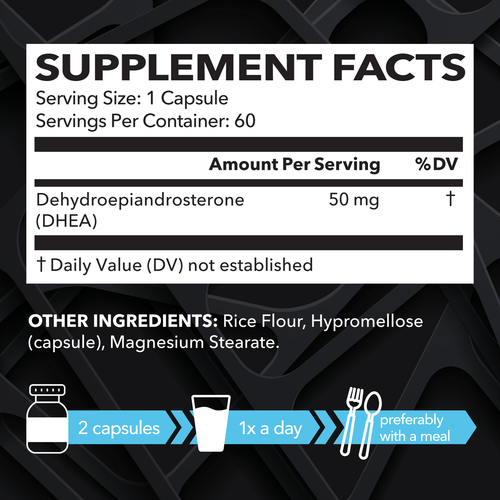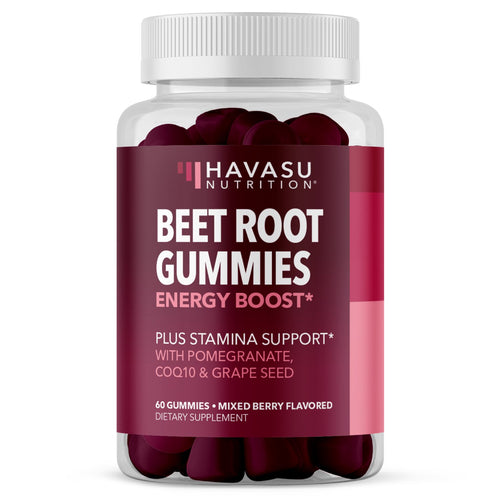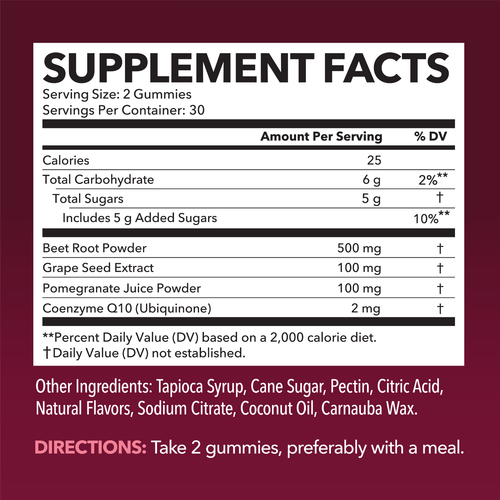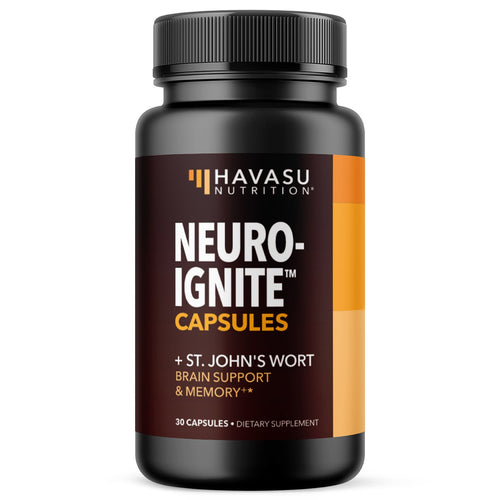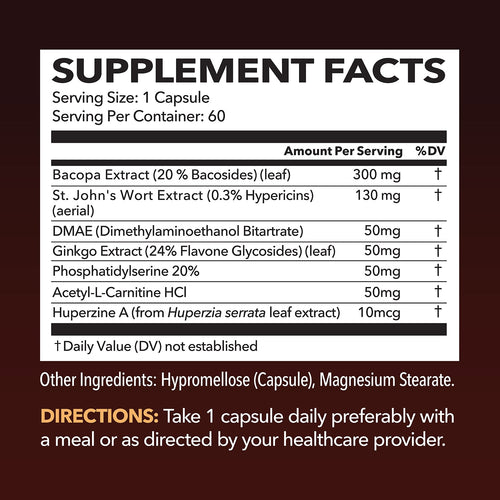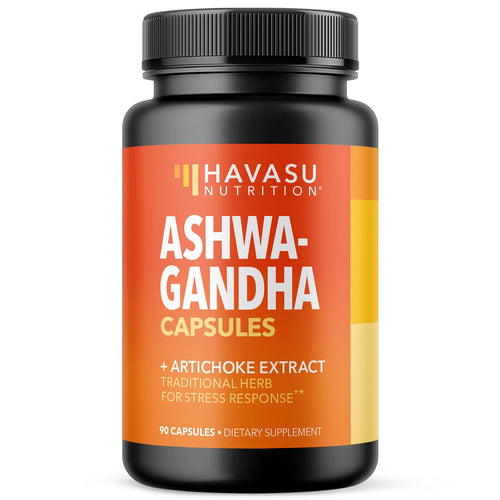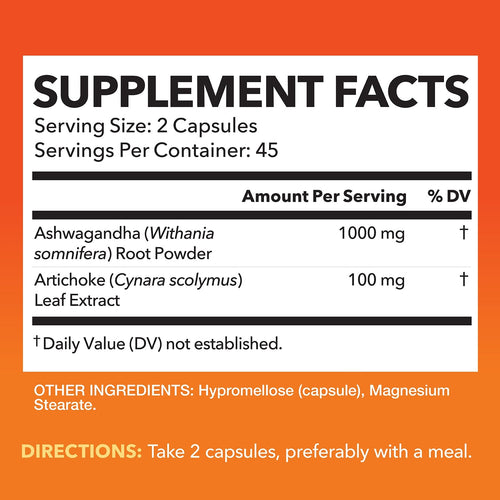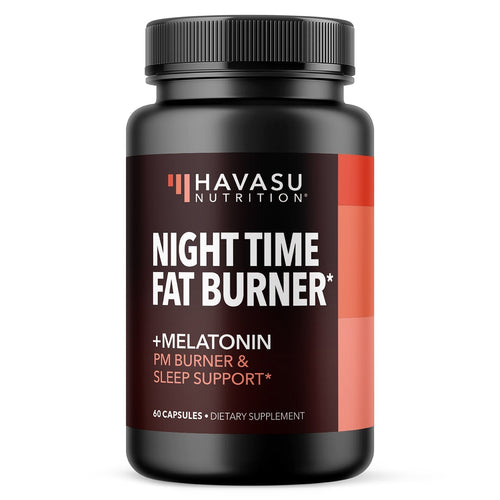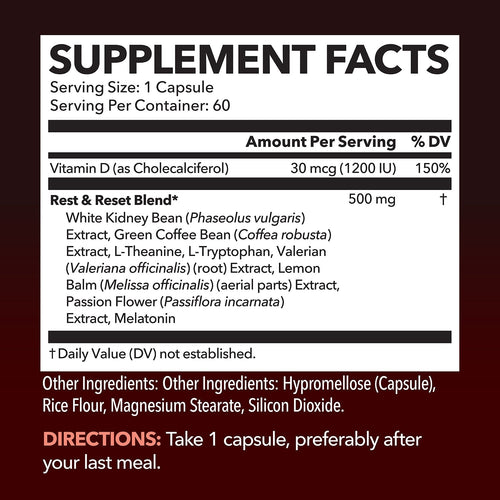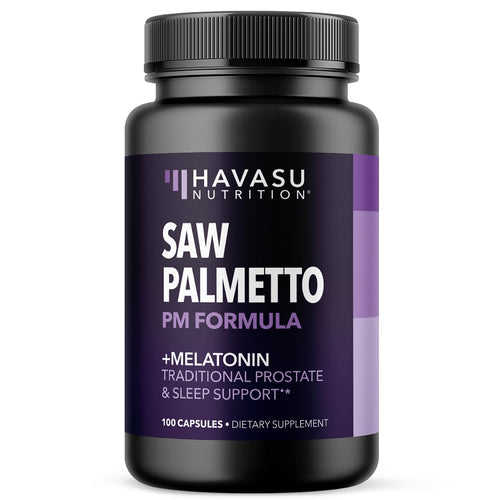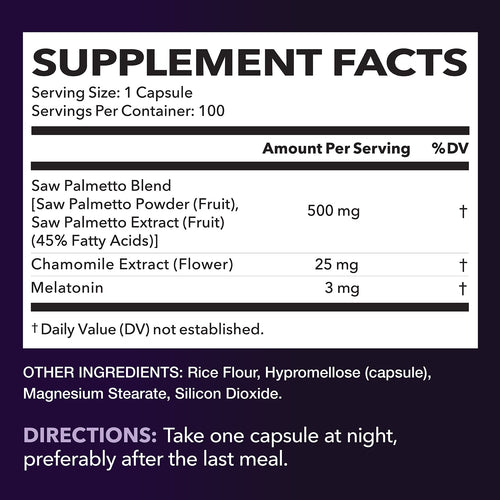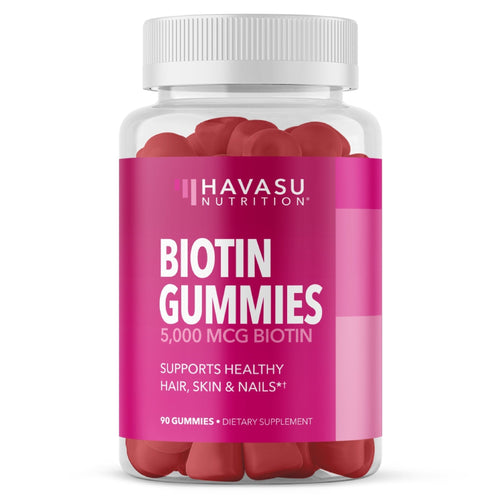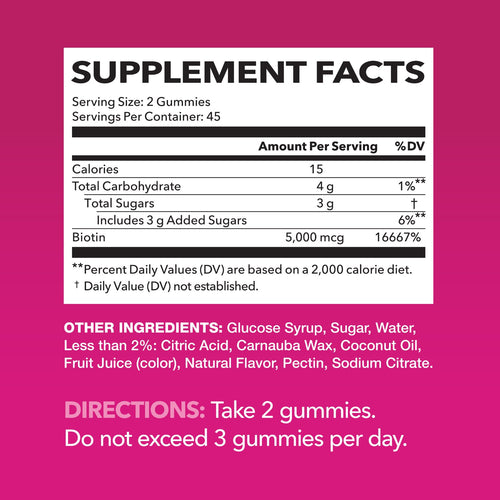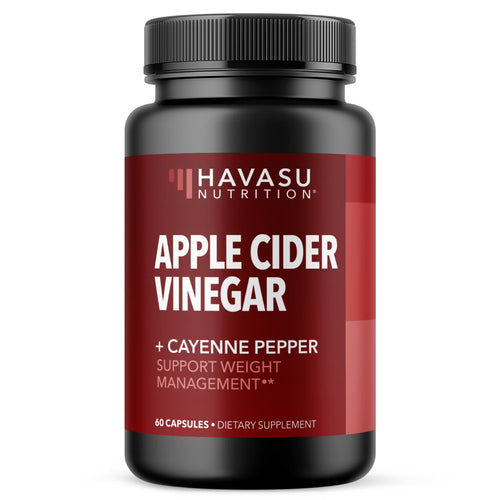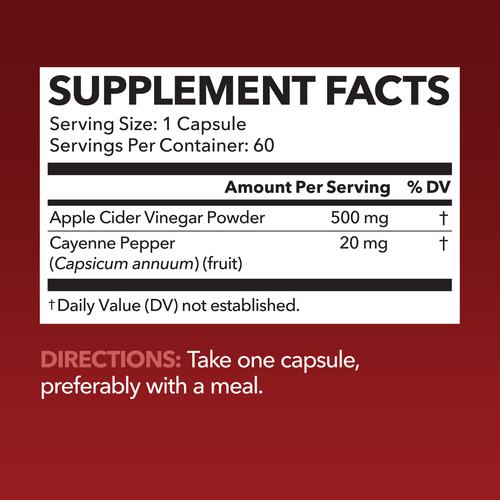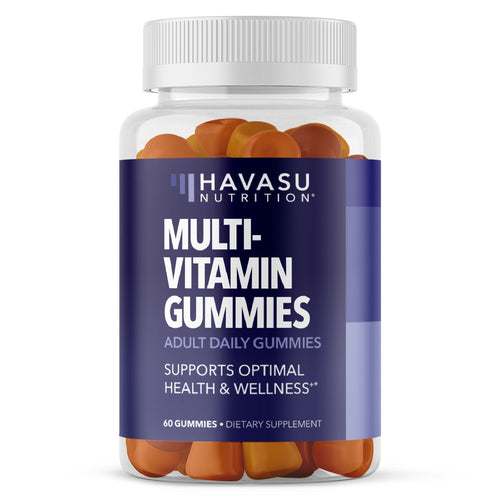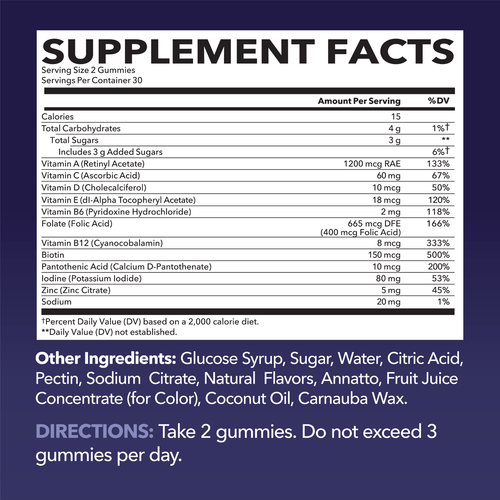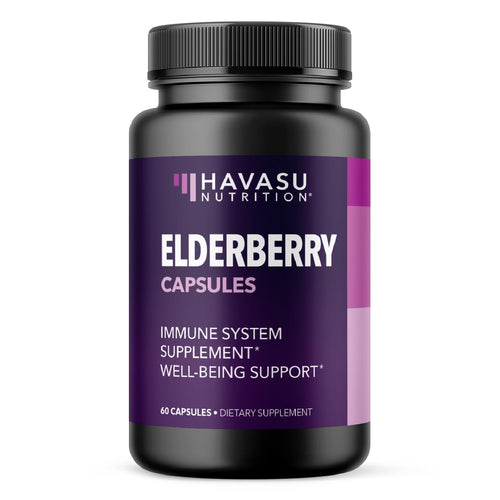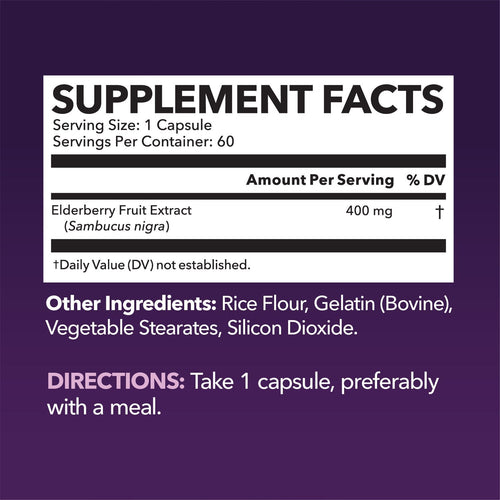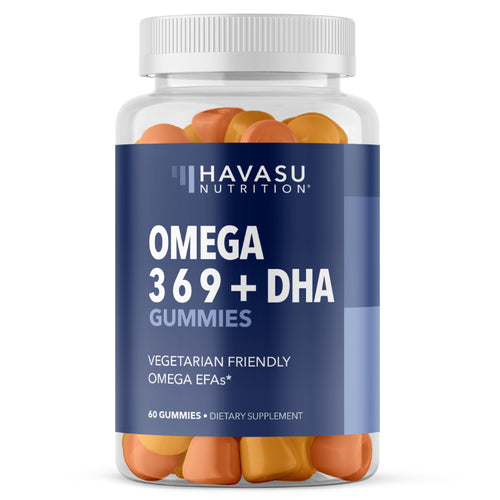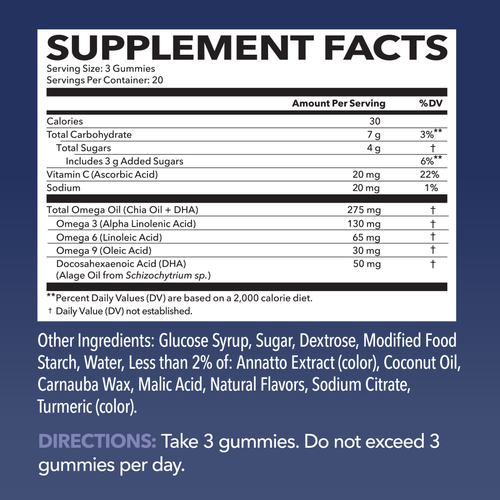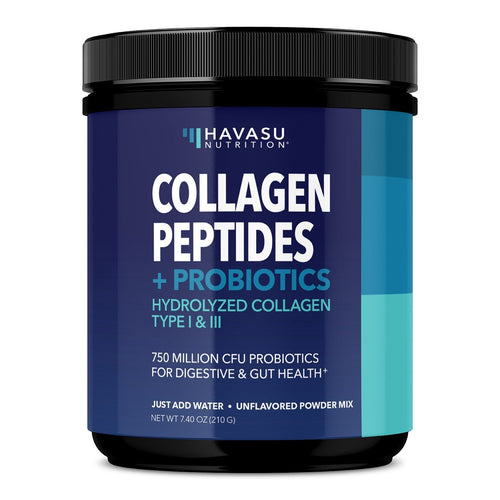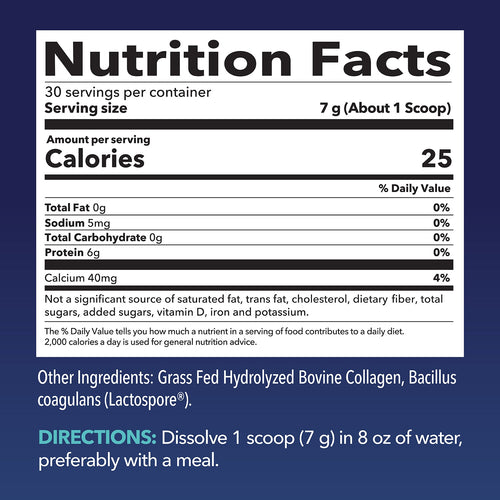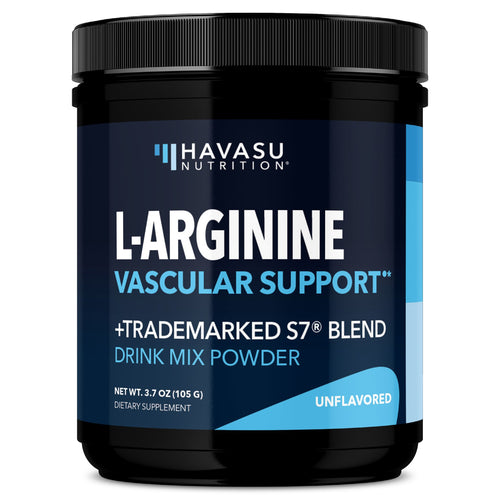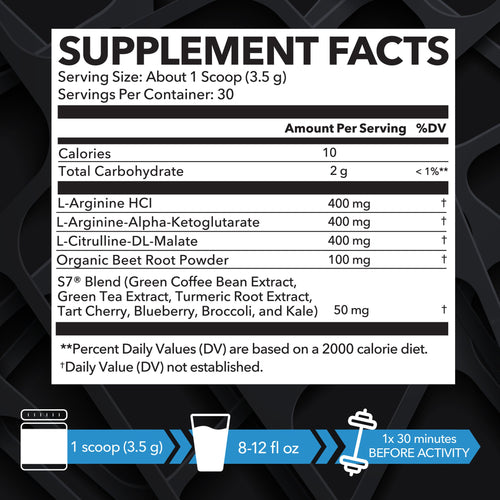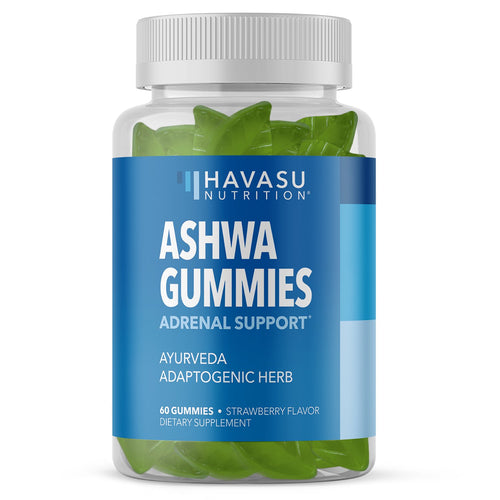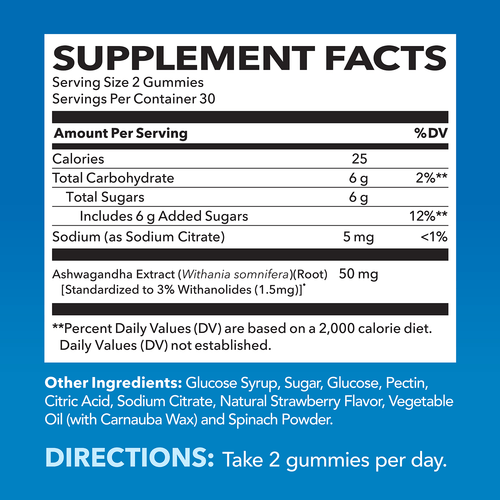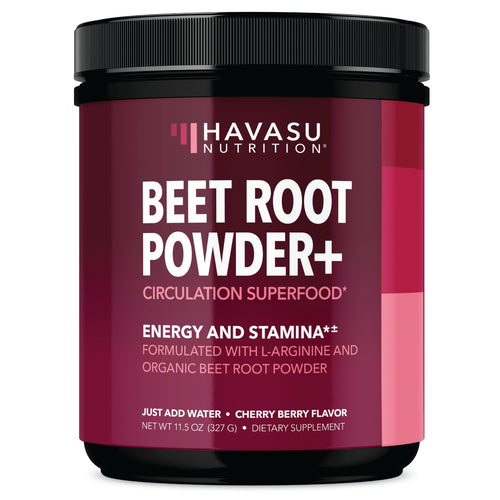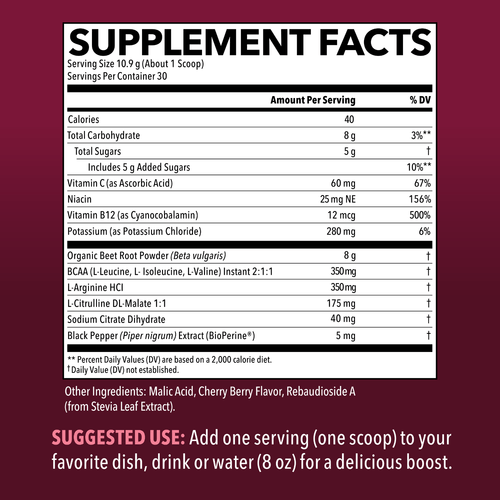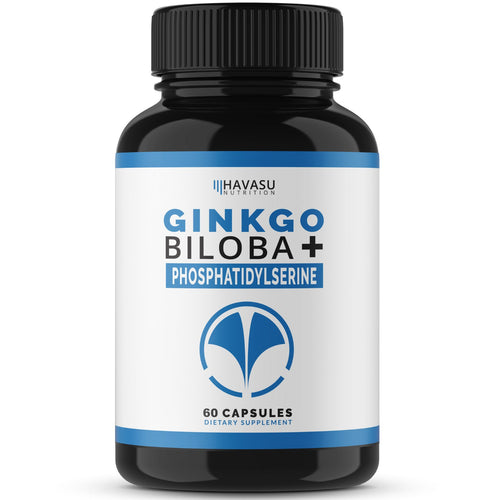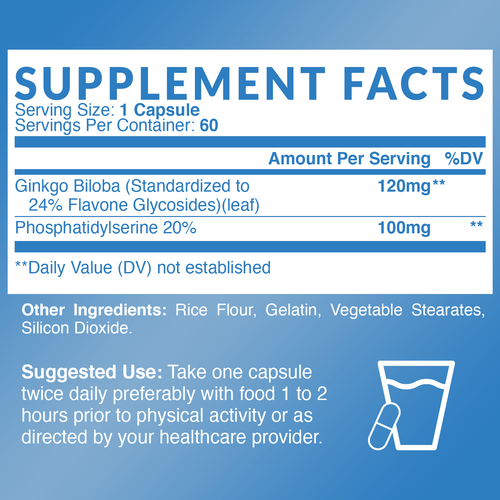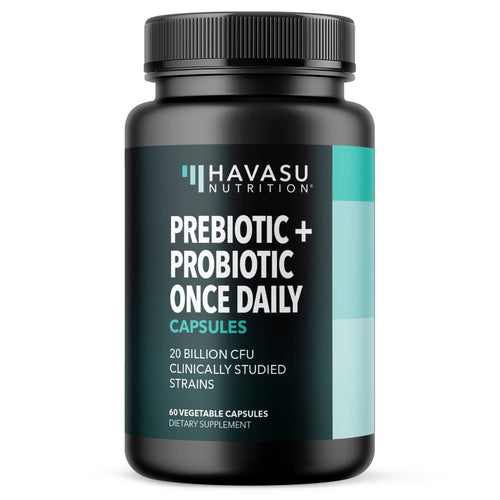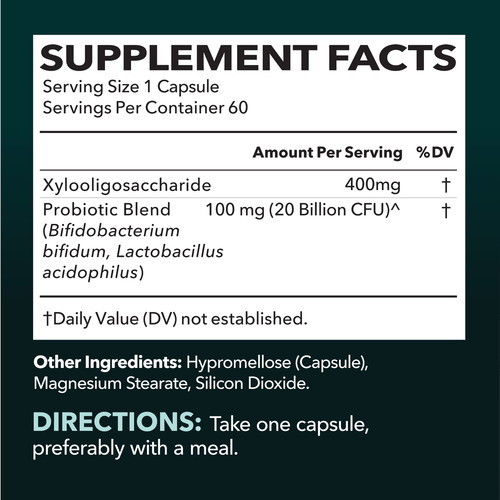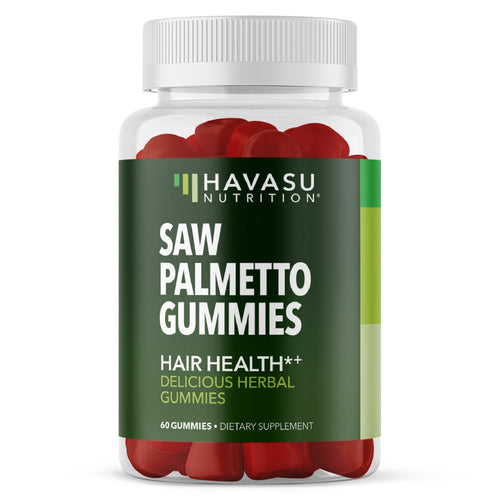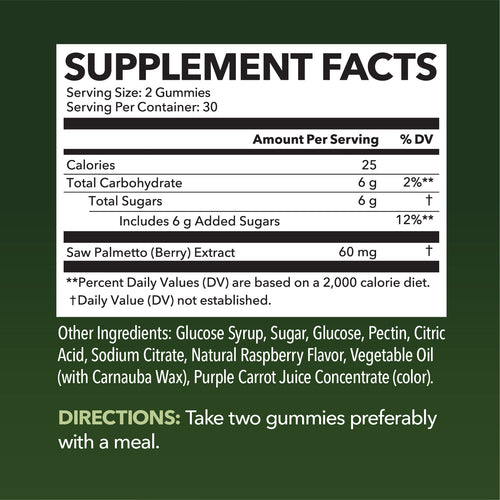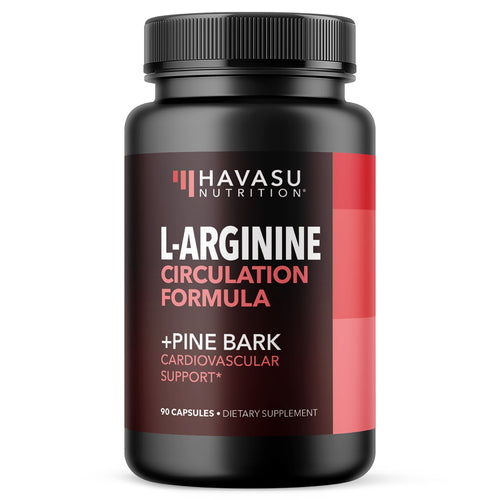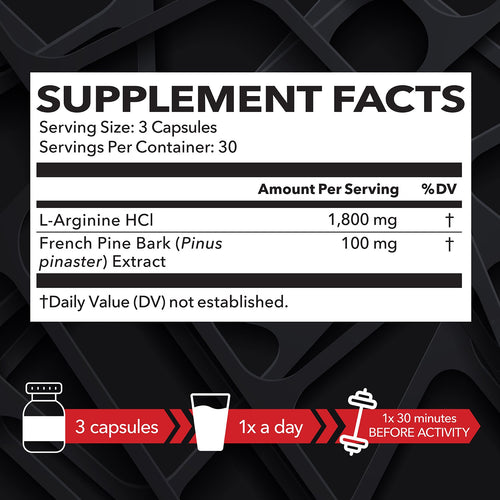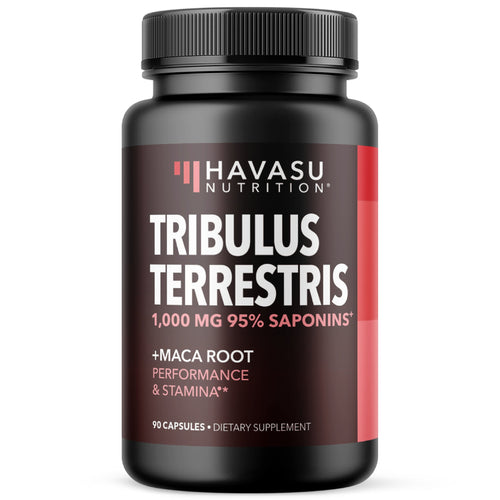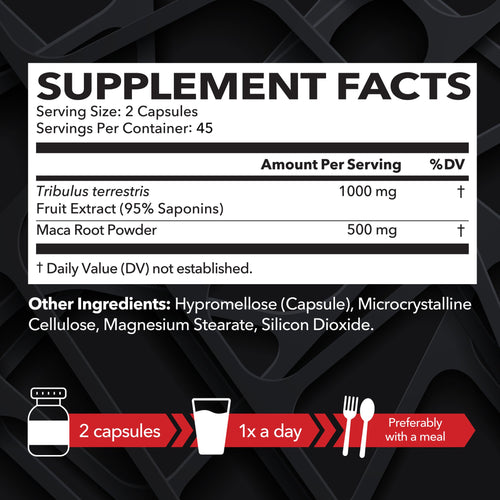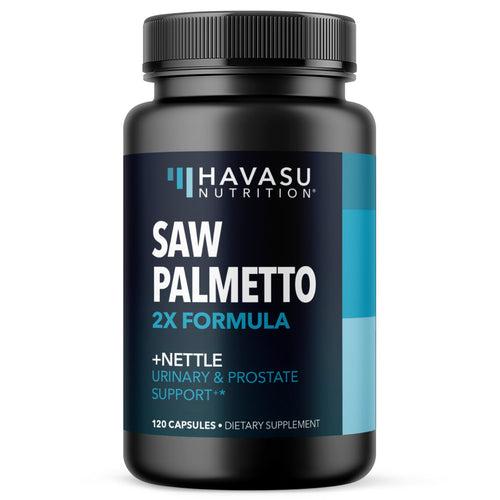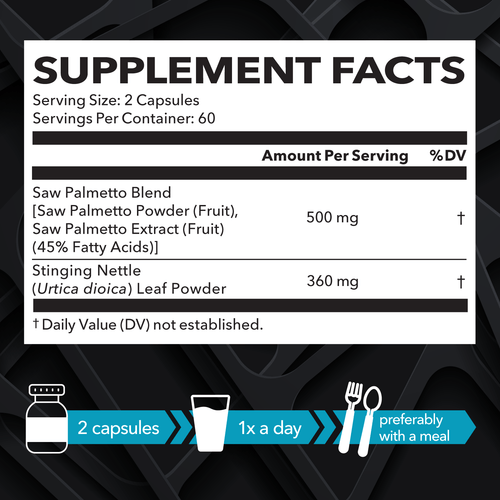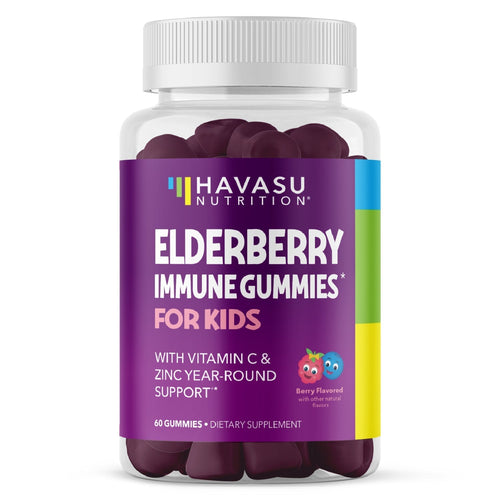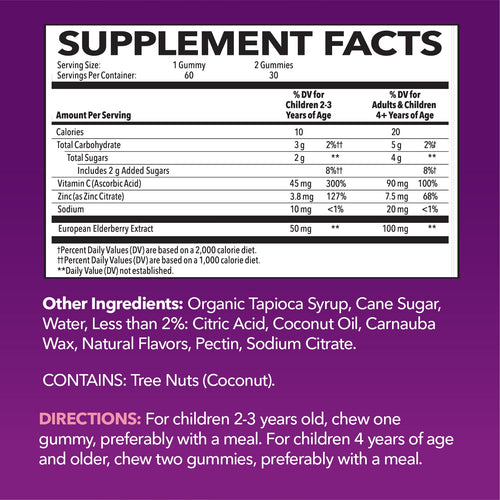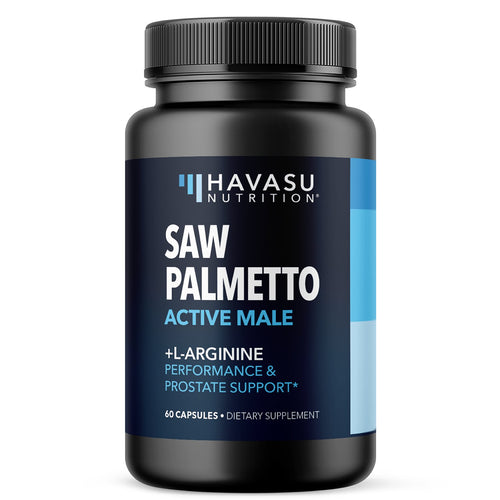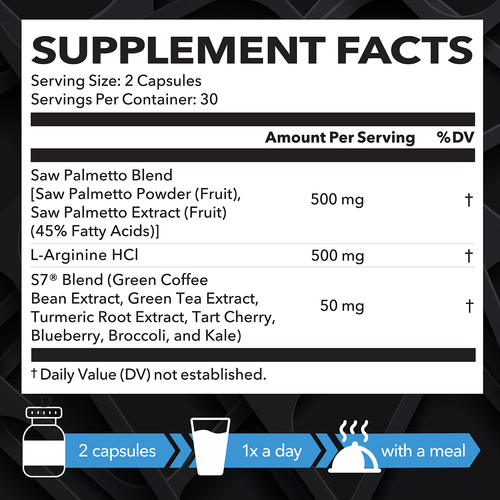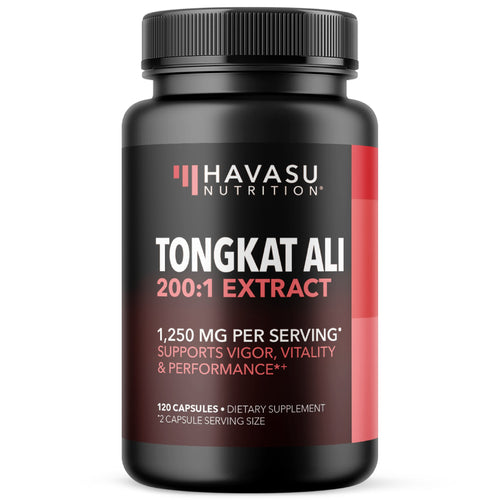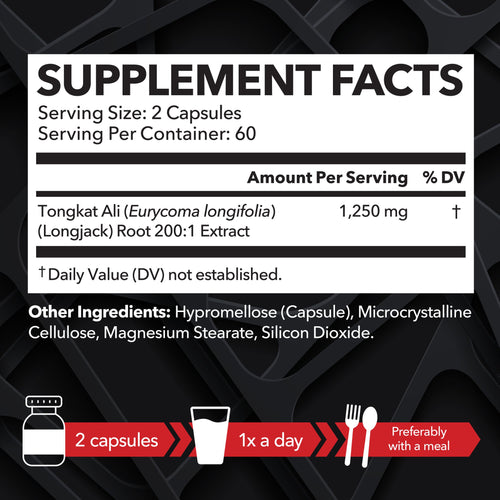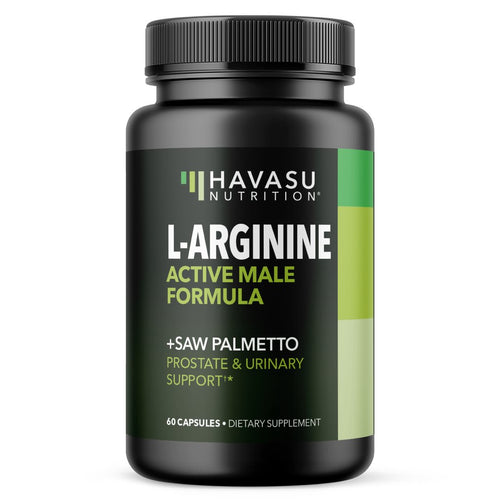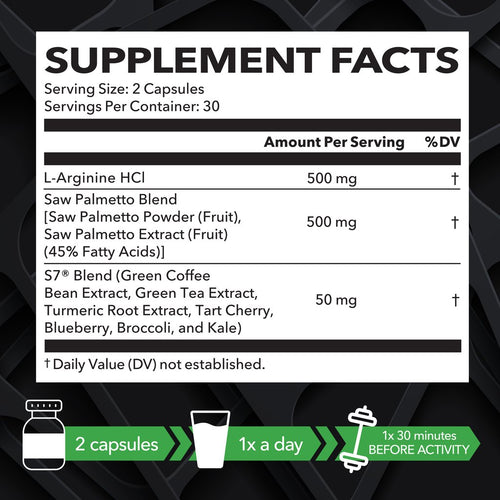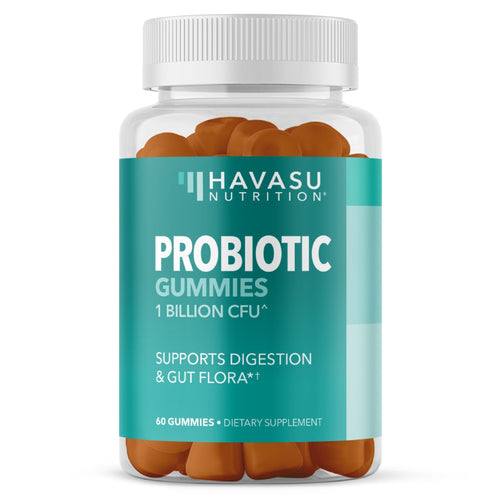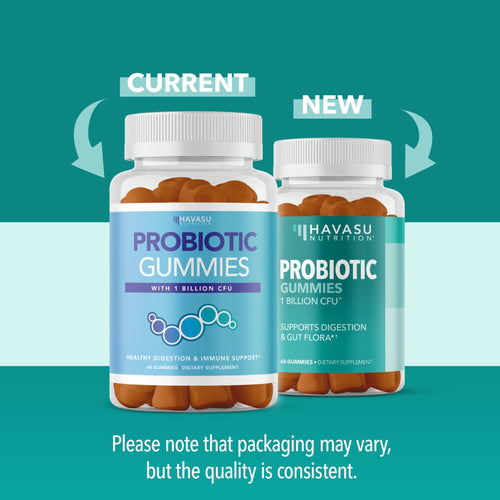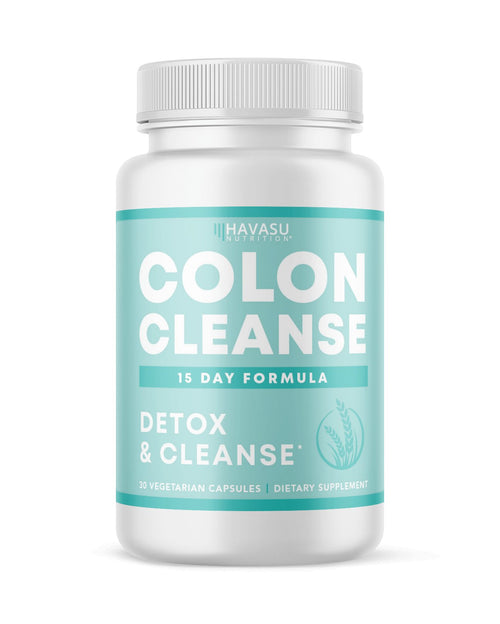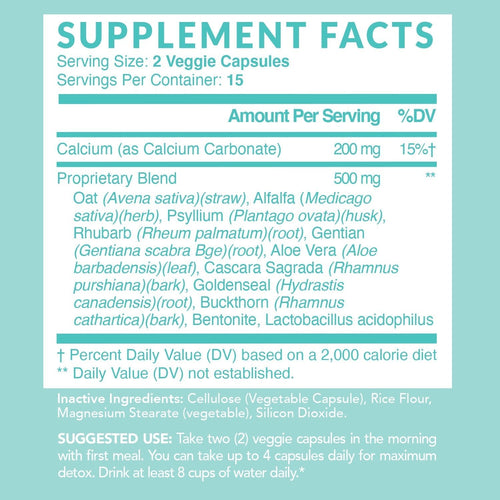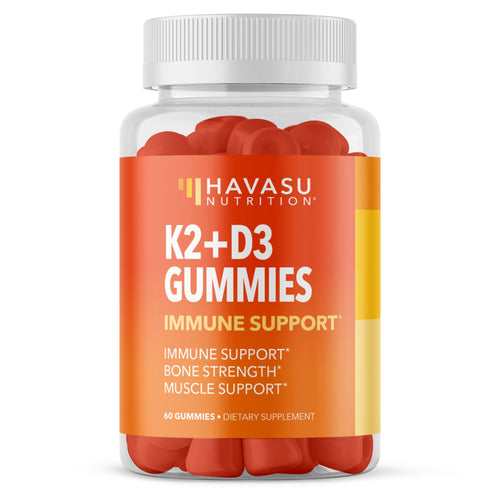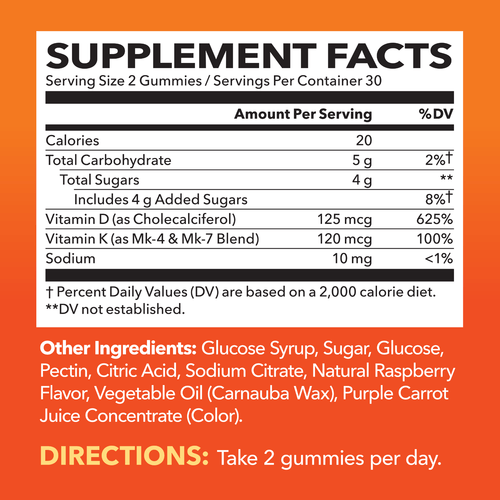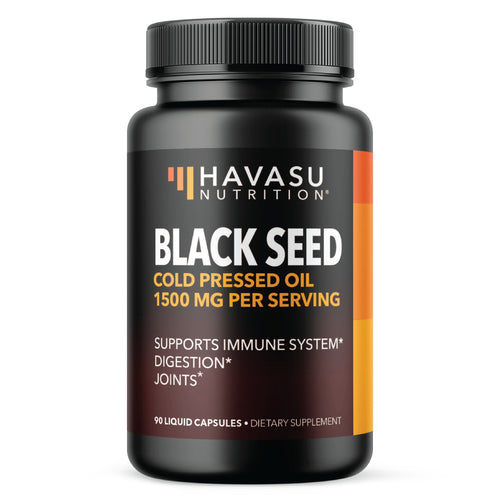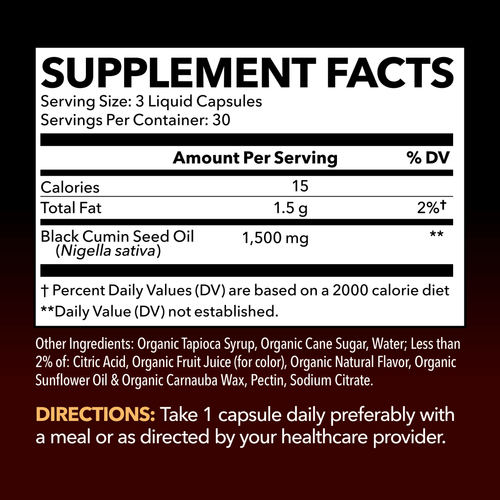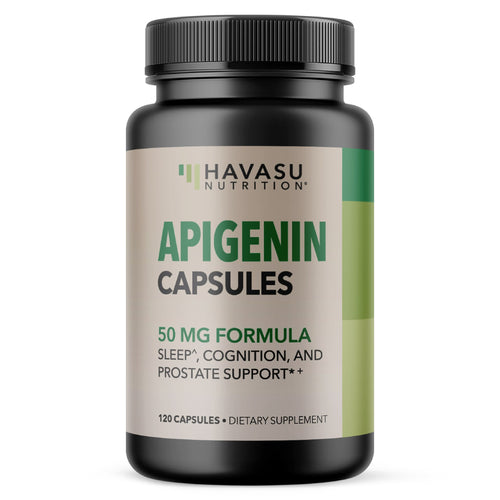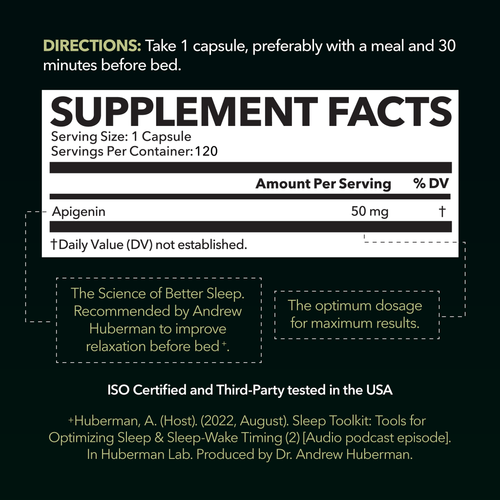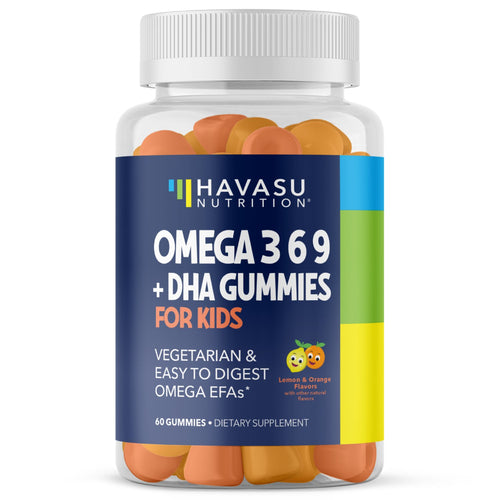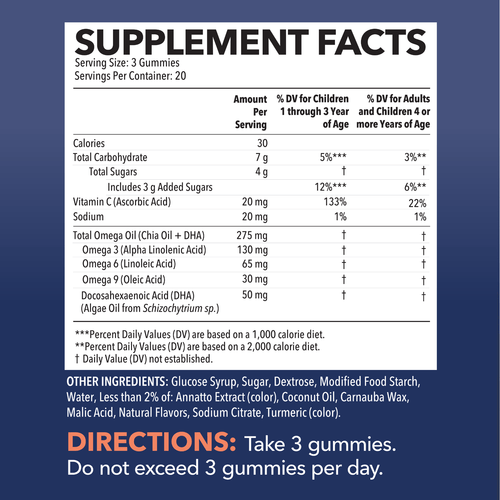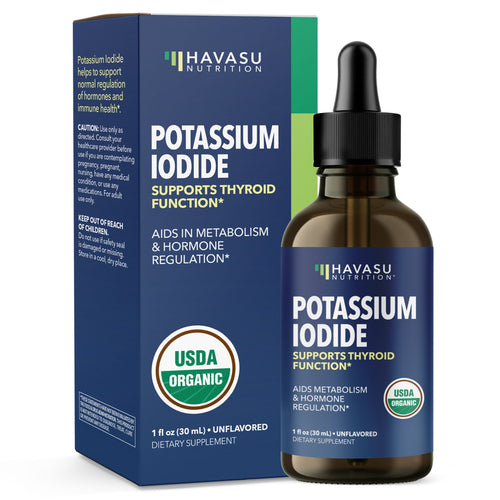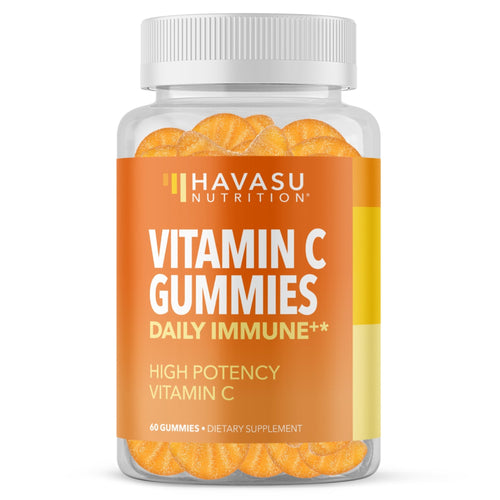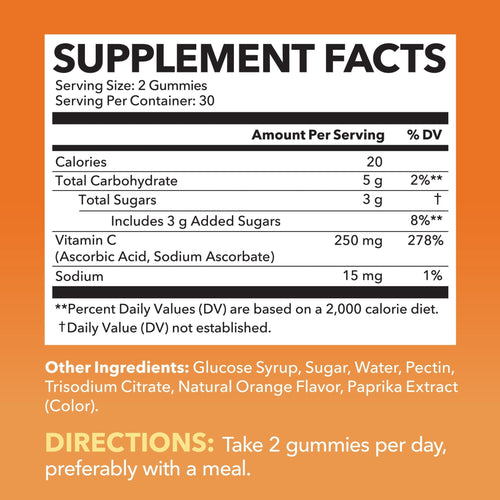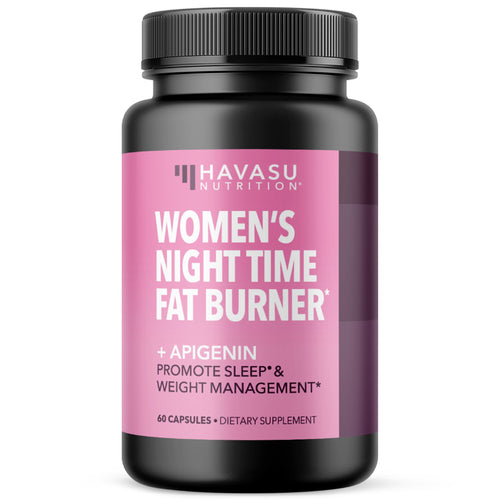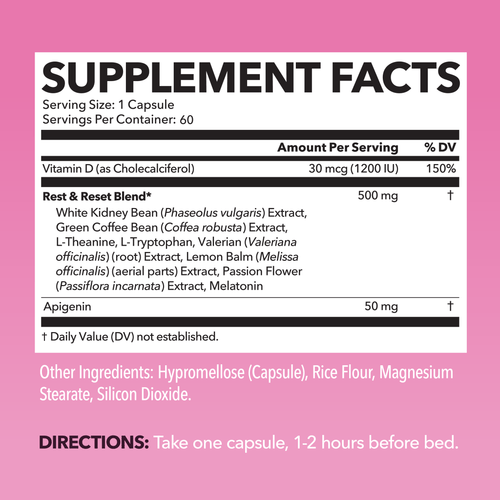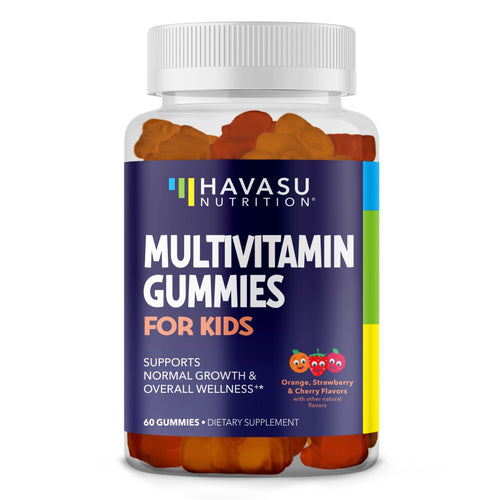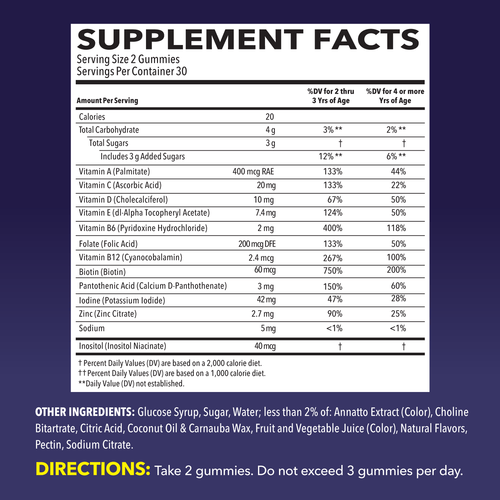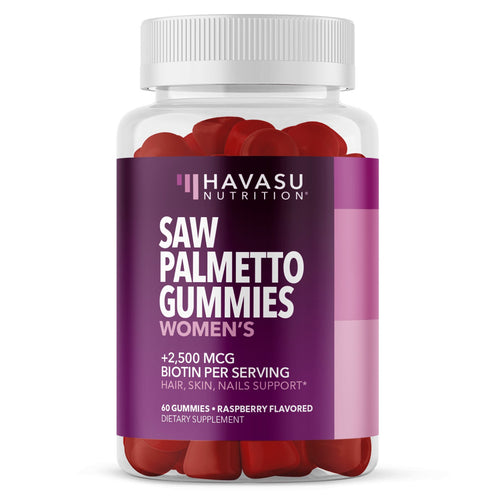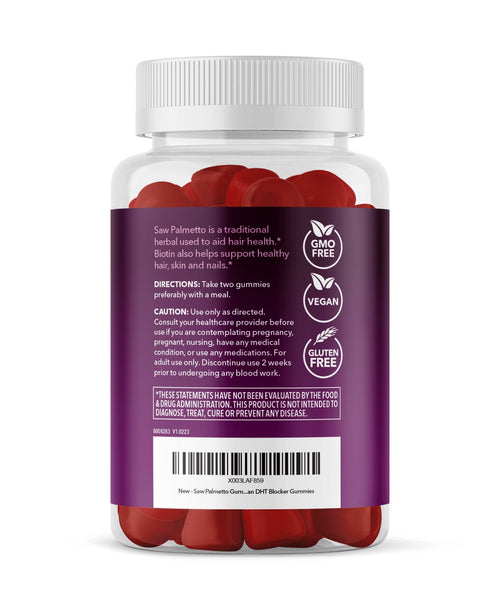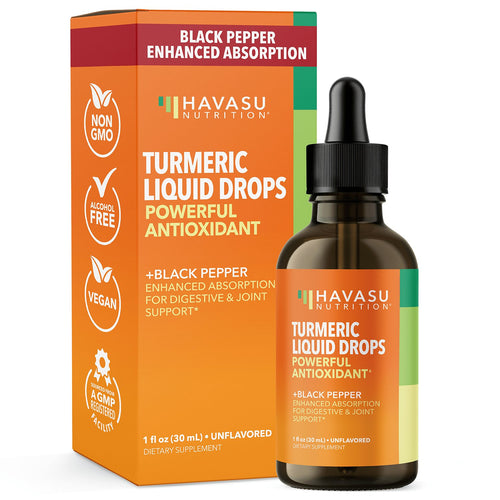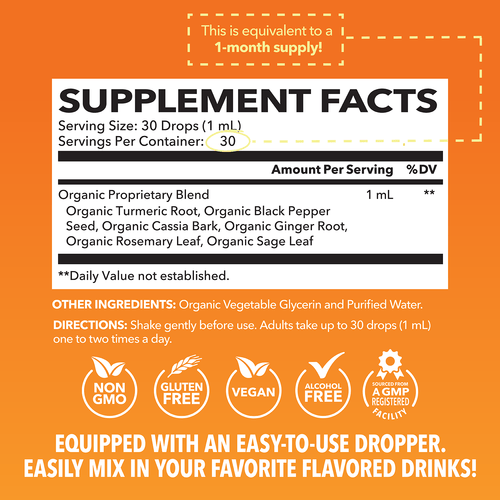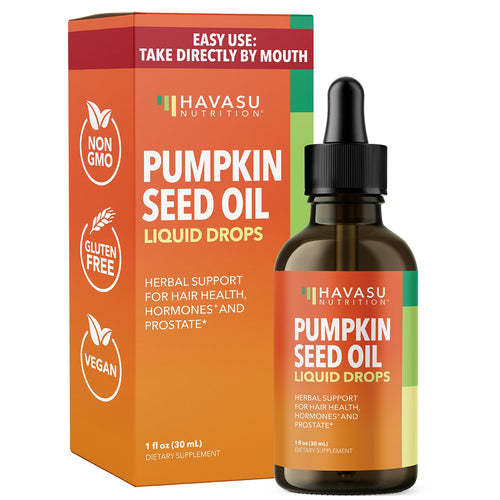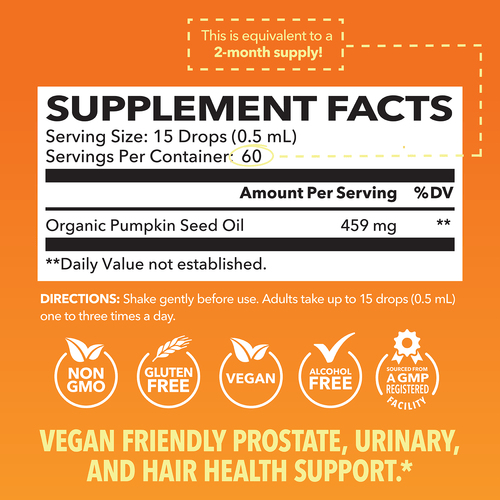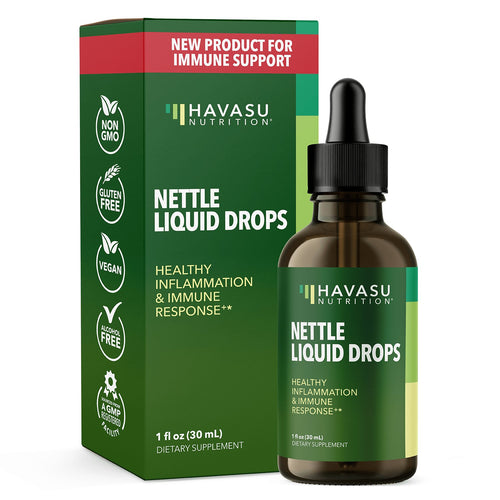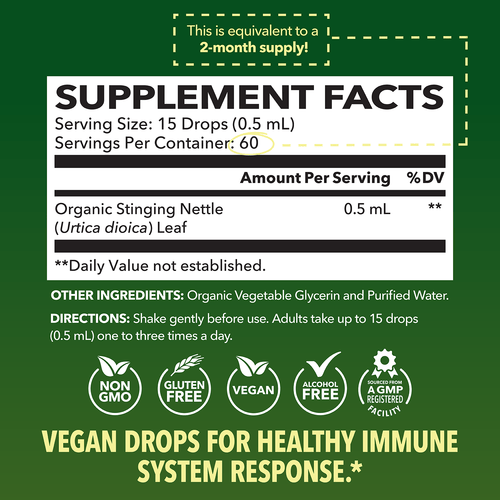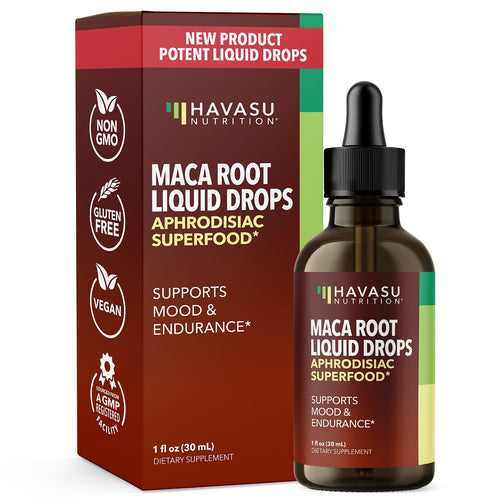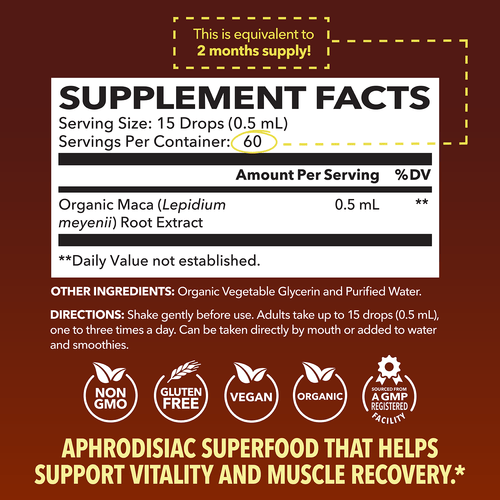Pros and Cons of Caffeine
January 20, 2022
Consumption of caffeinated drinks or energy drinks has increased significantly in the last few years. While caffeine is relatively safe in moderate amounts, high-energy drinks that contain massive amounts of caffeine could lead to serious health complications.
Most commonly sourced from the coffee bean, but also from certain teas and cacao beans, caffeine is a naturally occurring central nervous system (CNS) stimulant and is the most widely taken psychoactive stimulant globally. Foods like dark chocolate and coffee are rich in caffeine, but green tea, kola nut and yerba mate are also excellent natural sources of caffeine.
For the average adult, up to 400 milligrams of caffeine daily is considered safe. Essentially, that equals about four cups of strong coffee or two strong energy shots. Any more than that is considered excessive and could even be dangerous for teens or those with certain health conditions.
There are ways to increase your energy while keeping an eye on your caffeine intake. One of those ways is to try a Nootropic energy enhancer like Havasu Nutrition’s NeuroRECHARGED + Keto Burner. With supplements, you still get the added energy boost but without the need to consume as much caffeine. If you add working out and losing any excess weight to your weekly goals, then you should begin to see significant an increase in your energy level.
PRO: Fast-acting stimulant

Because it’s a fast-acting stimulant, caffeine is a quick and easy way to combat fatigue and drowsiness.
CON: Makes your heart work overtime

Because it can cause increased blood pressure and heart rate, people with any cardiac disorders, panic disorder, anxiety, or elevated stress levels should avoid caffeine. In addition, those who have gastrointestinal issues like reflux or ulcers, kidney or liver problems, seizure disorder, or are pregnant should also use caution with caffeinated products.
PRO: Improve mood and increase focus

Caffeine has been known to improve mood and brain function because it can block adenosine in your brain, leading to a temporary increase in dopamine, which helps to facilitate an increase or improvement in your overall mood. So, that peppy feeling you get after a tall latte from Starbucks isn’t just your imagination.
CON: Your body can become physically dependent

For those who must have their daily caffeine, keep in mind that too much of a good thing could actually be bad. Consuming caffeine three or more days per week could lead to dependency and increased migraine frequency. Typically, the stimulant effect of caffeine typically begins to take effect in 45 to 60 minutes and lasts about three to five hours. However, withdrawal symptoms like headache, fatigue, trouble concentrating, or nausea usually begin 12 to 24 hours from last consumption, peak in one to two days, and may persist for up to one week. If you suddenly eliminate caffeine from your diet, your withdrawal symptoms may be more intense, but can be quickly alleviated by reintroducing small amounts of caffeine. That’s why if you decide to cut back on your caffeine intake, it’s recommended that you taper off a little every day and not quit cold turkey.
PRO: Boost metabolism and weight loss

Because it stimulates the nervous system, caffeine is also known to boost the metabolism and help with losing weight. It can also increase your performance in the gym and help with burning fat because it can extend the time it takes for your muscles to feel fatigue, meaning you get longer time in the gym.
CON: Can cause dehydration

Consuming increased amounts of caffeine has been known to cause dehydration especially in teens and young adults. Be sure and drink plenty of water, especially if you increase your caffeine intake, so you stay hydrated.
PRO: Improved health

Though caffeine can be a bad idea for those who suffer from heart problems, it can protect against heart disease and diabetes if consumed in small amounts (one cup of coffee per day). Some recent studies have shown that caffeine may decrease a person’s risk of getting Diabetes 2 by up to 30 percent.
PRO: Alleviates migraines

Anyone who suffers from migraines probably has some form of caffeine on hand at any given time. Caffeine is a key active ingredient in many OTC headache medicines, so it only makes sense that, if you’re in a pinch, grab a soda or coffee to help relieve your headache.
Although caffeine can help at times, it’s always important to get a good night’s sleep. Without proper rest, you may end up feeling fatigue, experience attention problems, feel more irritable, have increase forgetfulness, feeling restless and have trouble sitting still, and may have difficulty controlling your emotions. Get enough rest, drink enough water, and treat your body right with good nutrition and exercise, and you may find that you no longer even crave the caffeine boost any longer.



